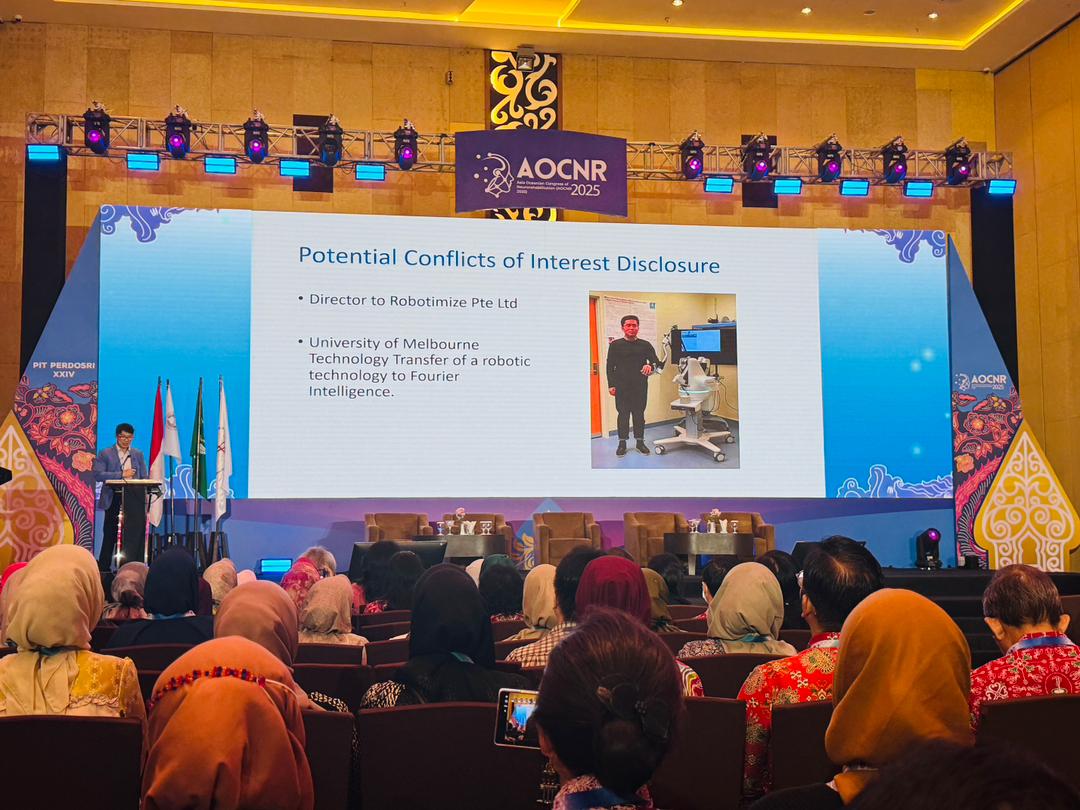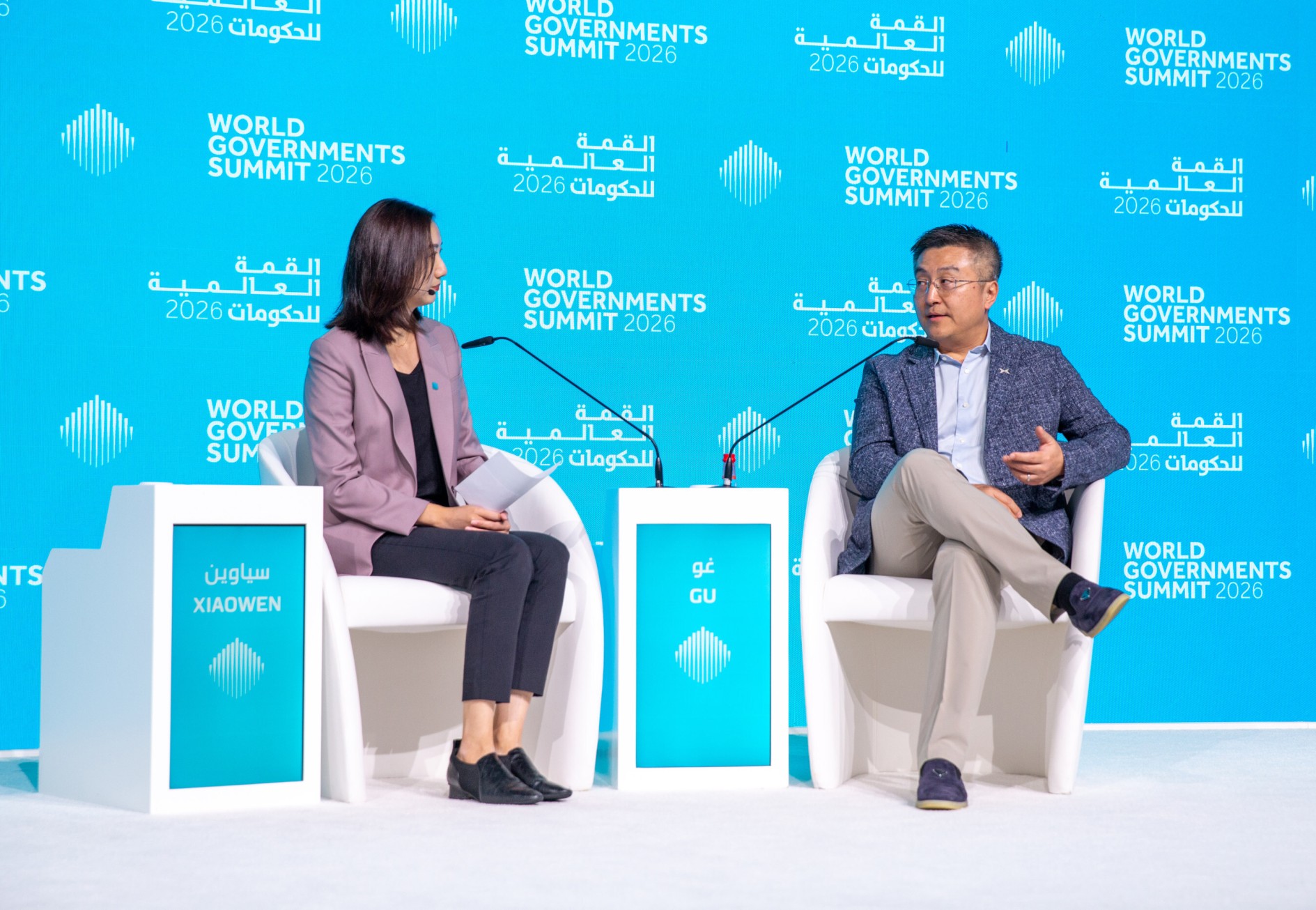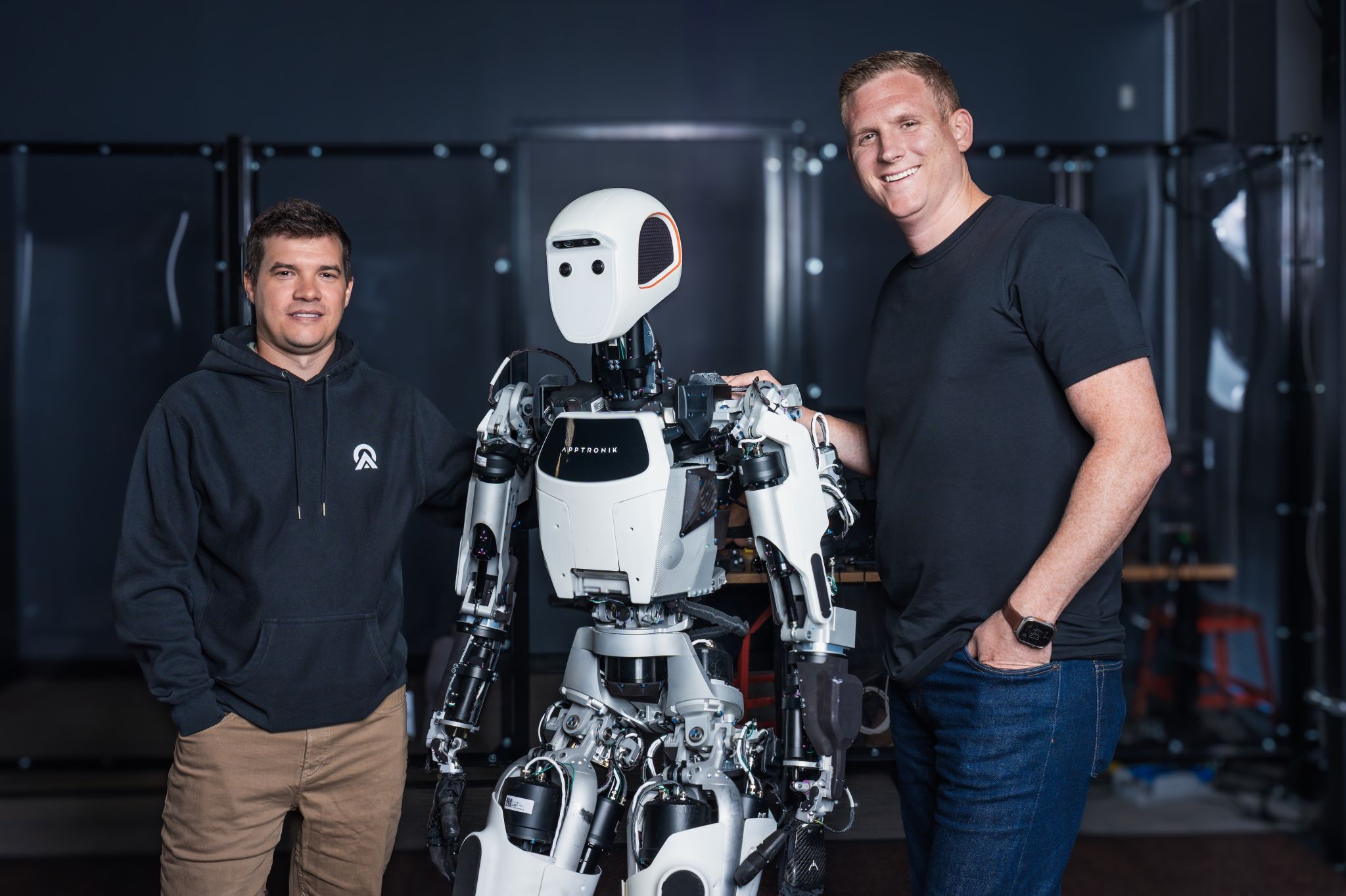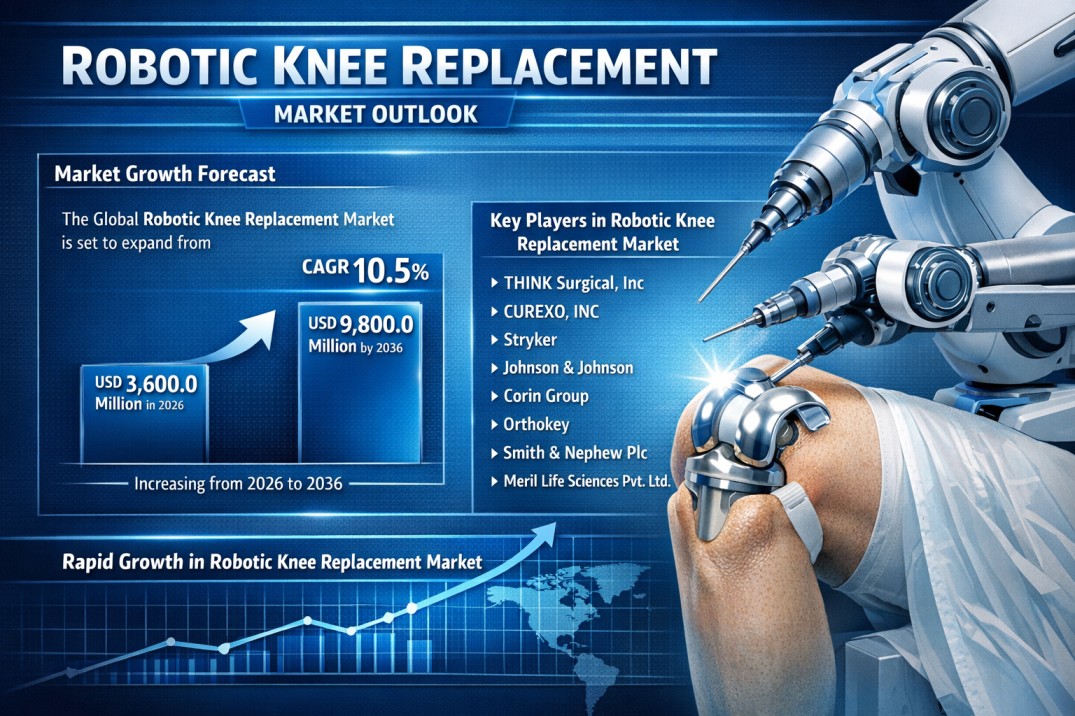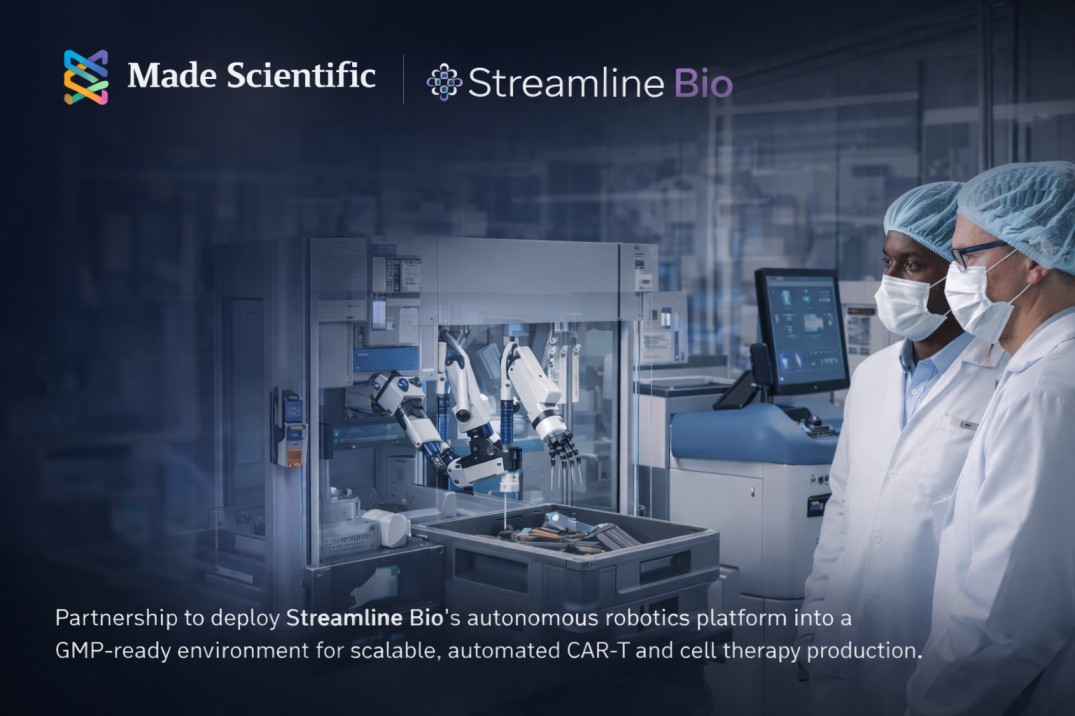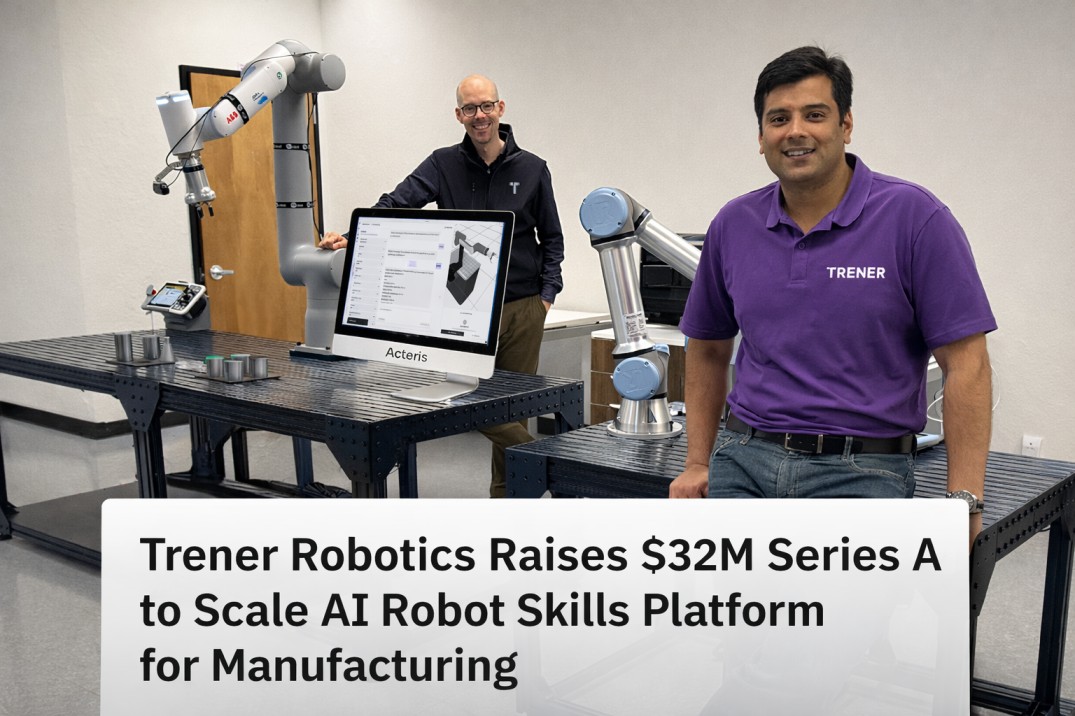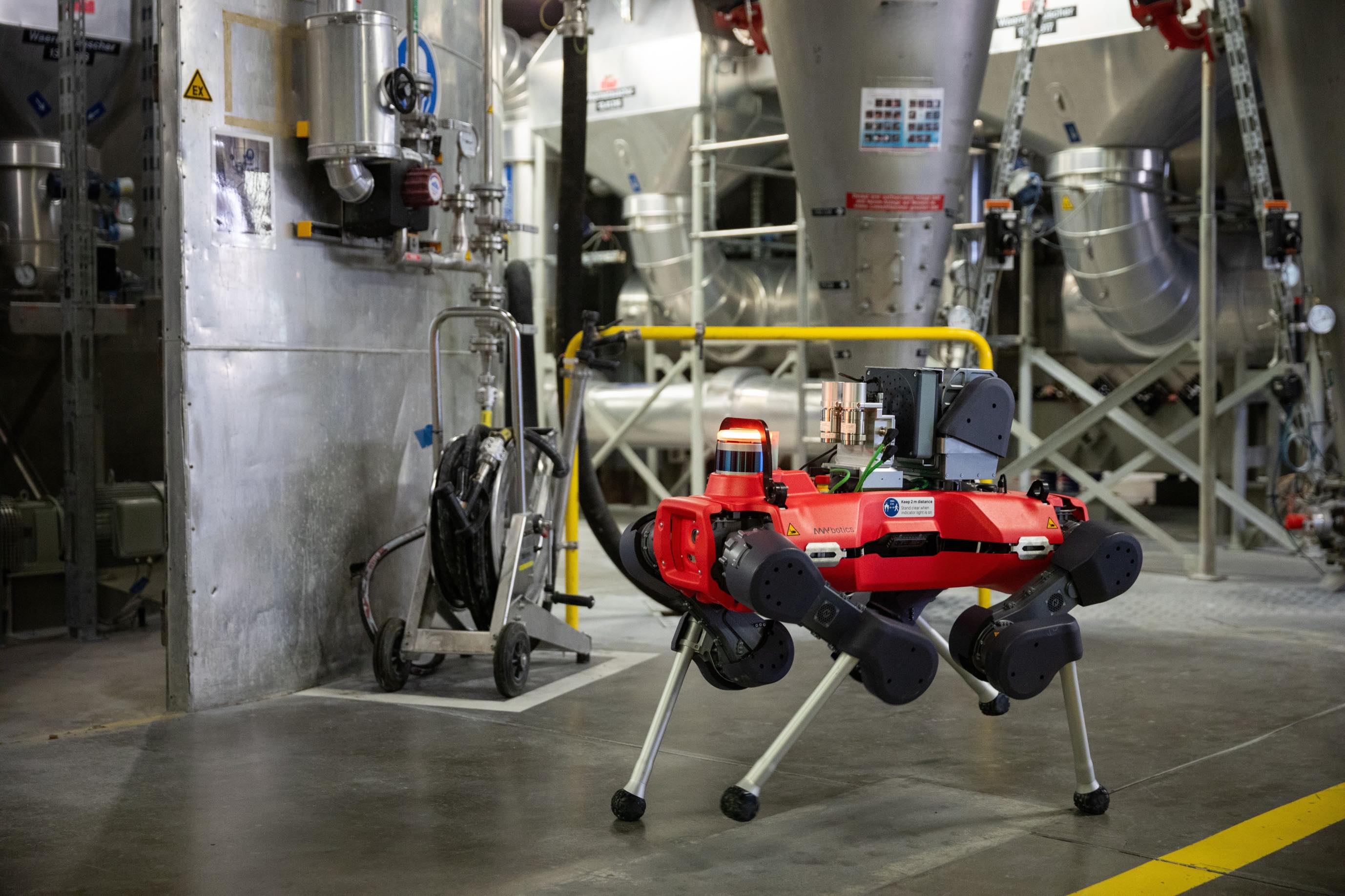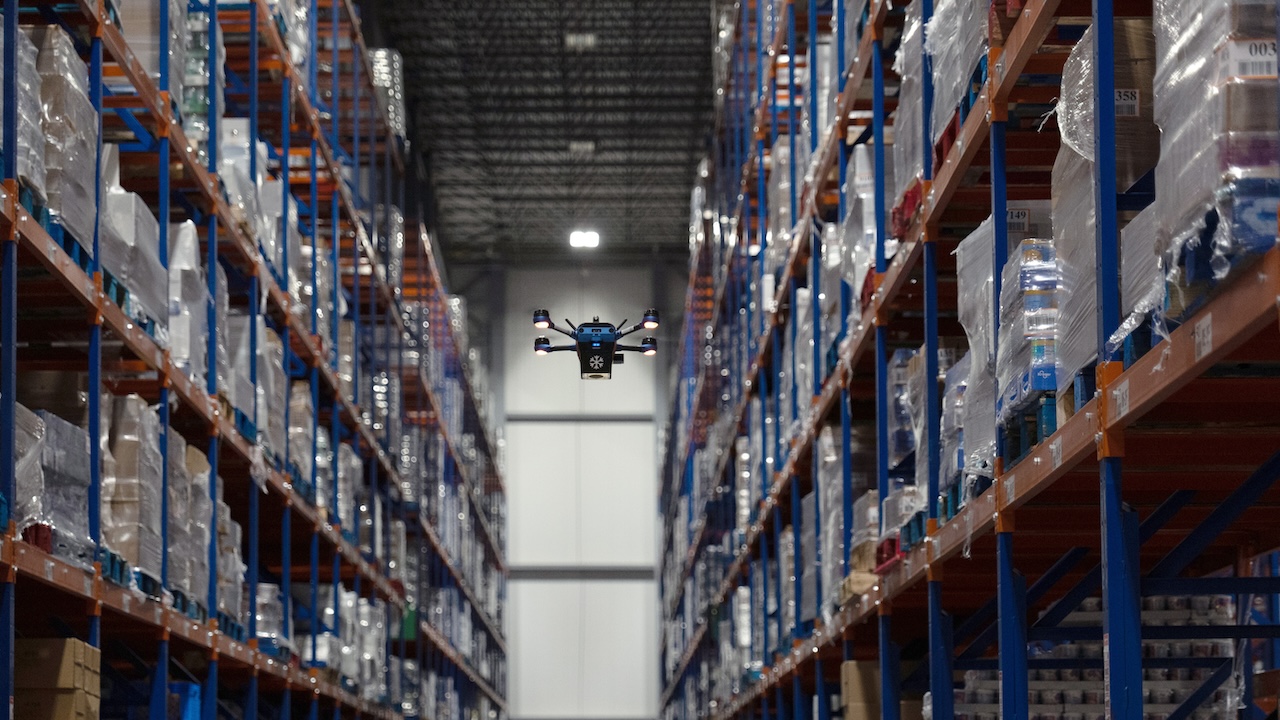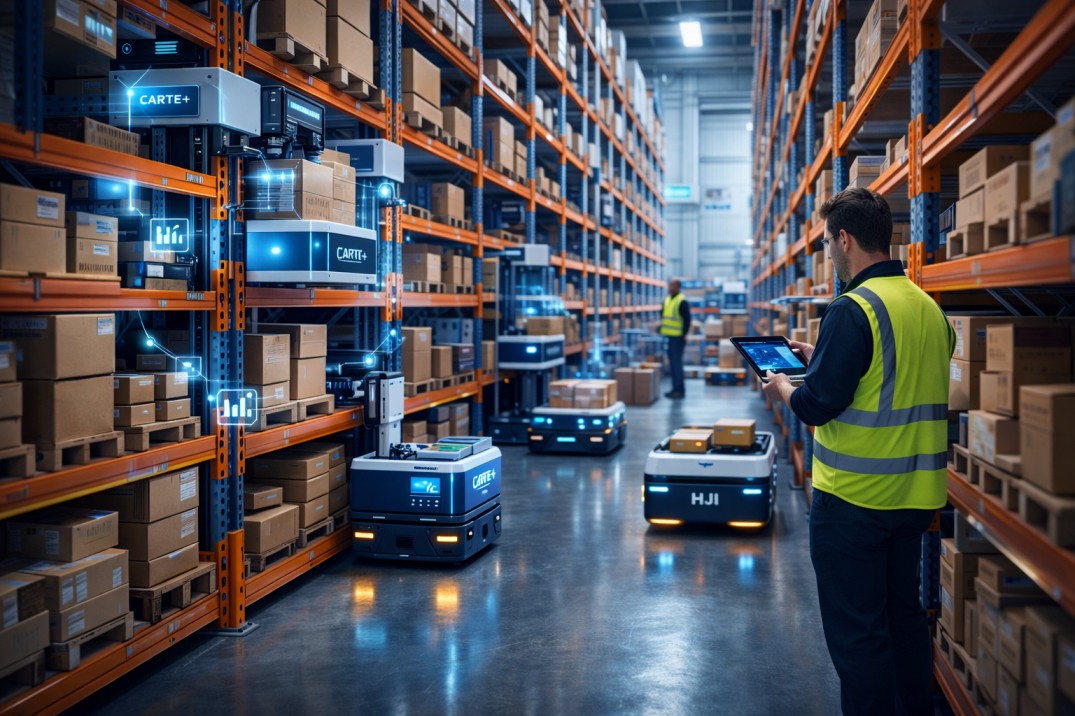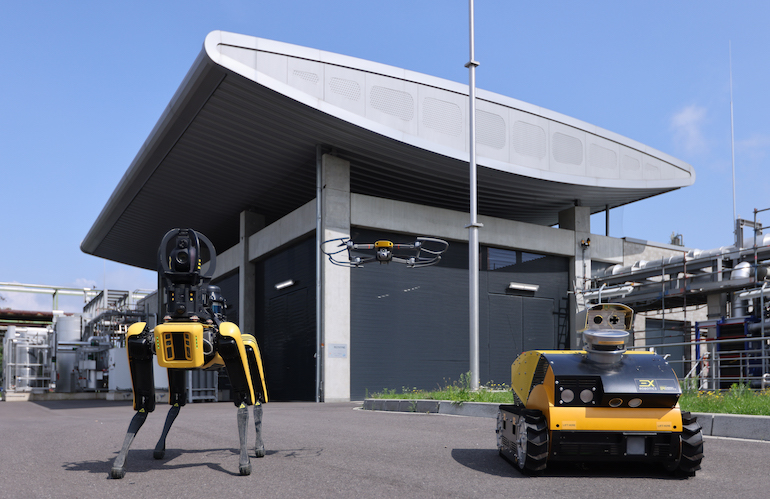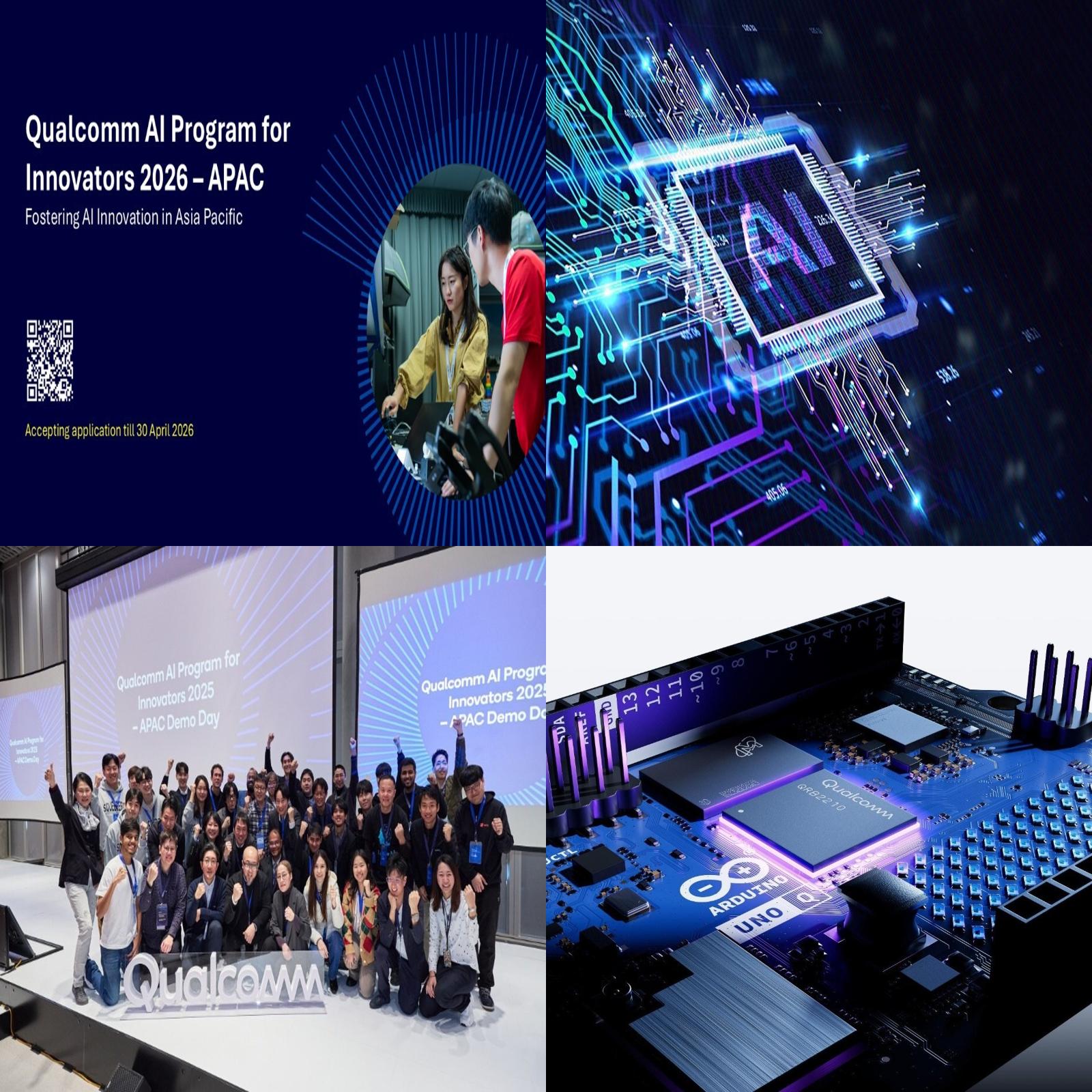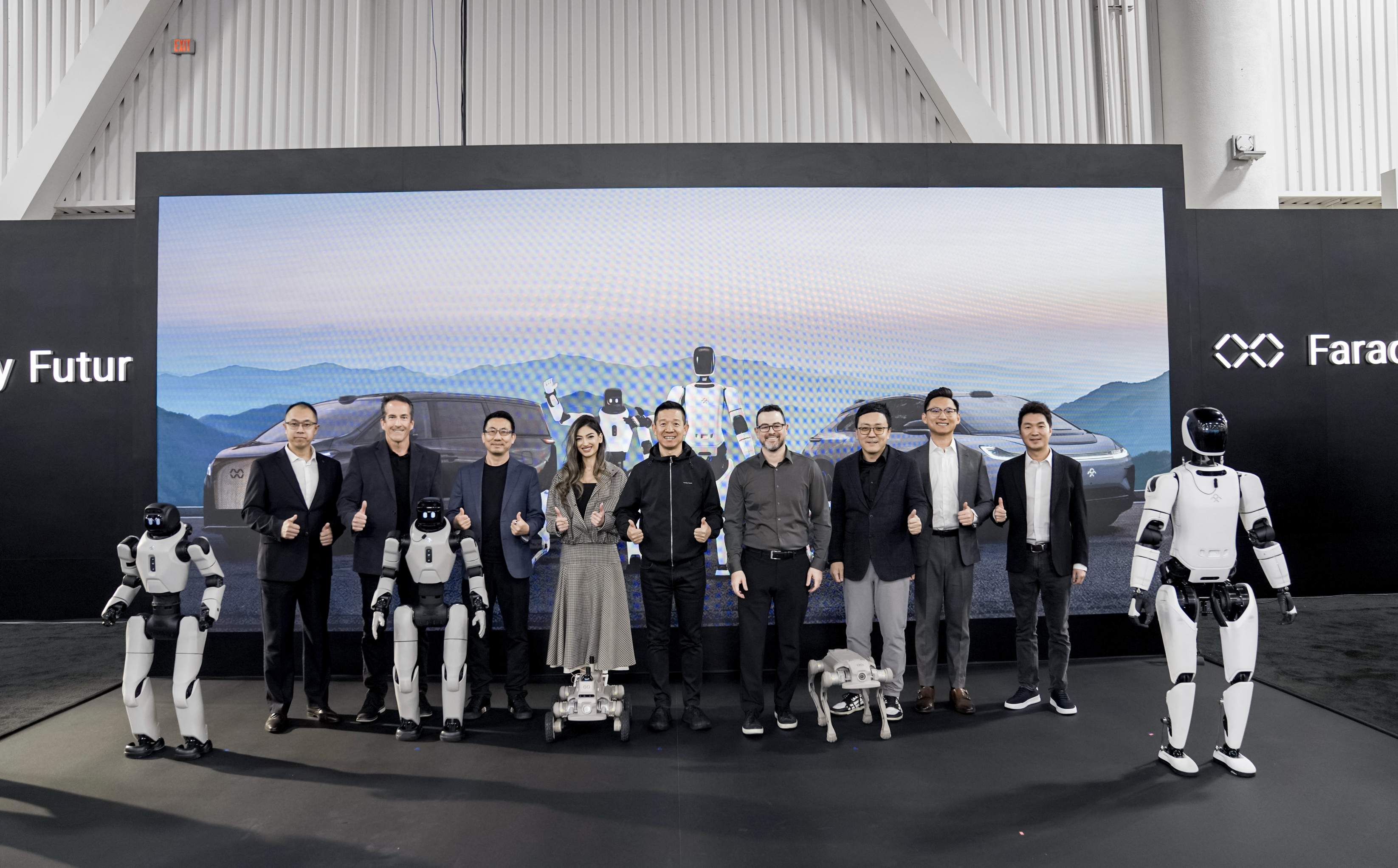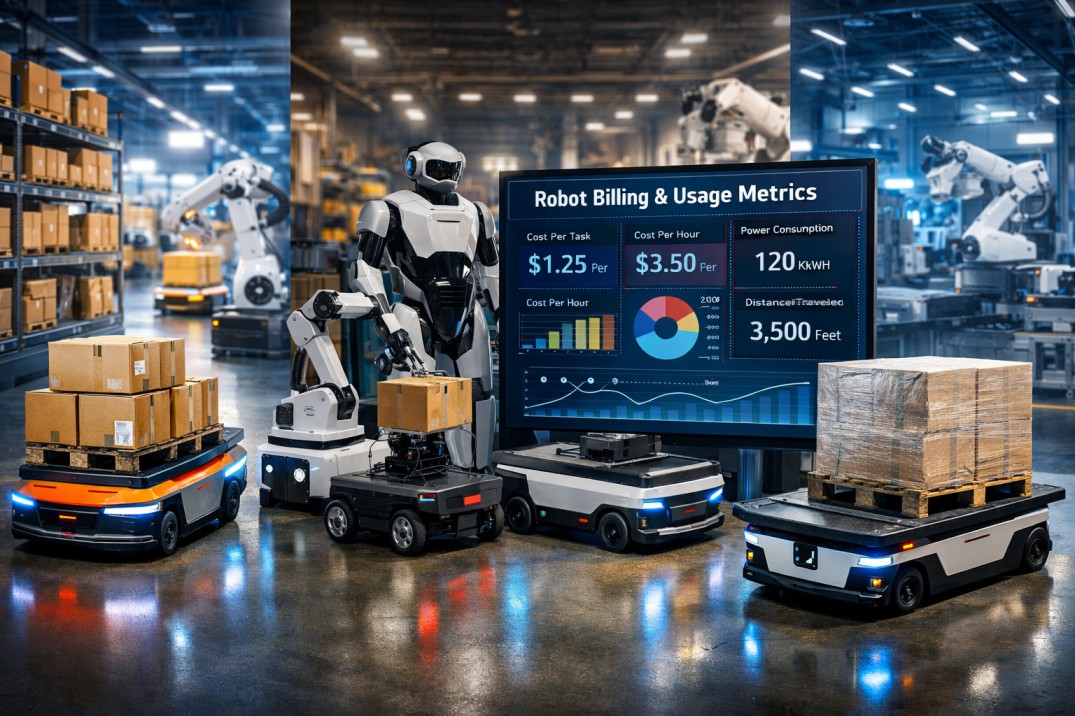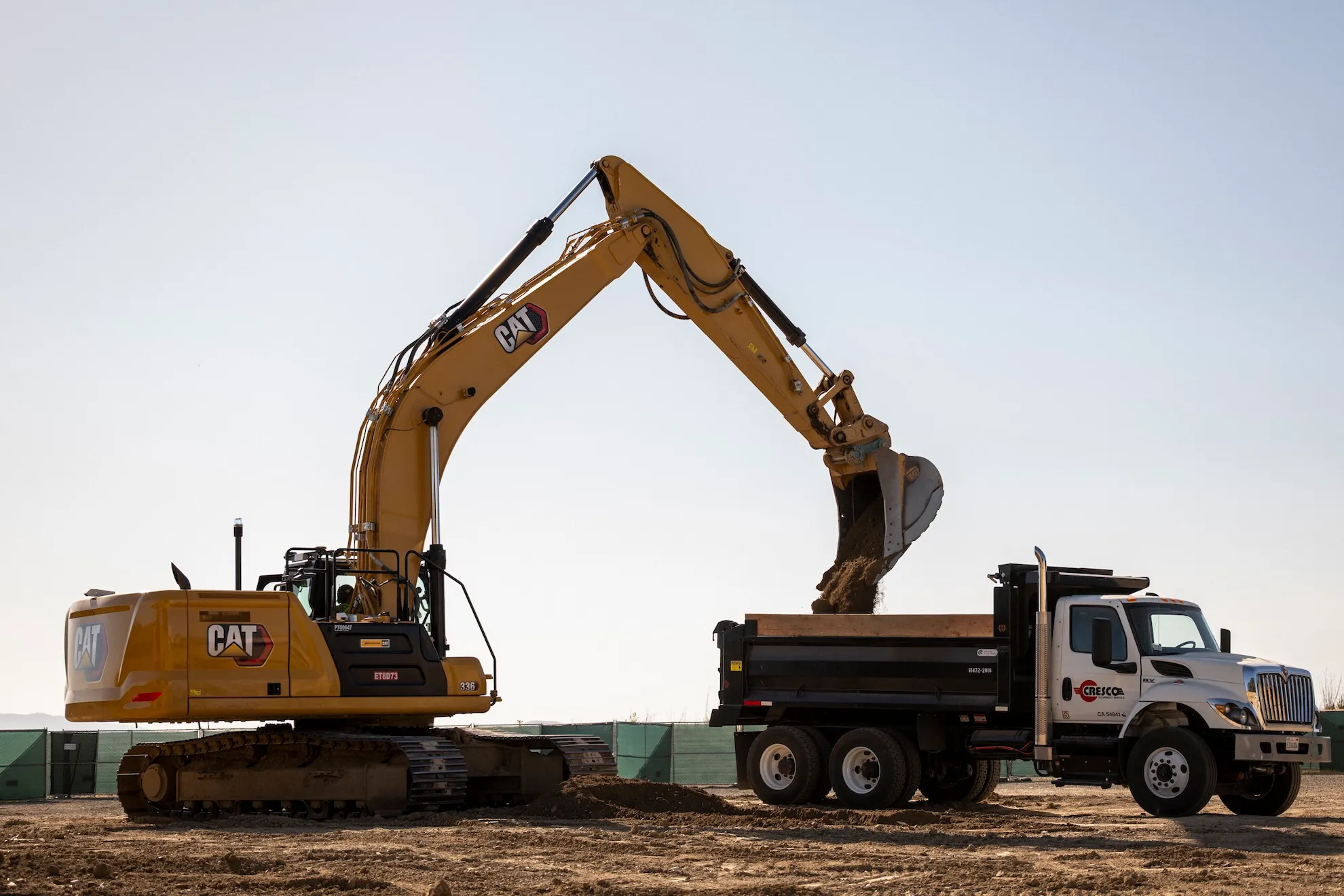ICORR and PERDOSRI Sign MOU to Advance Rehabilitation Robotics Training and Community-Based Care
At AOCNR 2025, Prof. Denny Oetomo delivered a plenary lecture highlighting how robotics can deliver scalable, clinician-centered neurorehabilitation from hospital to home.
Image Courtesy: Public Domain
Professor Denny Oetomo, of the University of Melbourne, represented the ICORR Board and Consortium to deliver the plenary lecture and introduced ICORR activities as well as its flagship conference: the International Conference on Rehabilitation Robotics (ICORR), held in conjunction with RehabWeek Conference. The lecture also introduced rehabilitation robotics technology, outlined how robotics can deliver consistent, high-quality neurorehabilitation from hospital to community settings, with examples from his laboratory.
Key highlights
• Strategic partnership: ICORR and PERDOSRI sign an MOU to accelerate training, knowledge dissemination, and exchanges in rehabilitation robotics.
• Clinical focus: AOCNR 2025 theme centred on bridging intensive hospital-based care with sustainable community-based rehabilitation, reflecting pressing regional needs.
• Leadership & expertise: Plenary by Prof Denny Oetomo, who is also a Co-Founder of rehabilitation technology company, Robotimize) spotlighted translational pathways, clinician-in-the-loop design, and interoperable technology.
• Capacity building: The partnership prioritises CPD curricula, pilot sites, safety frameworks, and standards to support scalable, evidence-based adoption nationwide.
• Plenary spotlight: ICORR, rehabilitation robotics, and scalable impact.
In his plenary lecture, Prof Oetomo addressed an audience primarily composed of PM&R specialists, emphasising that robots should be regarded as tools in rehabilitation and must be used with a clear understanding of their intended purpose. He underscored the importance of appropriate training to prevent mismatched expectations and to support technology acceptance. He also outlined the fundamental motivation for adopting robotic technology: to enhance human productivity. Drawing parallels to rehabilitation, he presented evidence from multiple studies, including his own work, showing that robot-assisted therapy increases delivered dosage along with clinical meaningful therapy.
Prof Oetomo also presented his own research, demonstrating how robotic assistance can modulate cognitive load and task difficulty in ways that align closely with therapeutic needs. Finally, he introduced the concept of enabling clinicians to directly program rehabilitation robots by teaching through demonstration, without the need for an engineer to program the robot. This, he argued, could make robotic technologies more accessible and better integrated into everyday clinical practice.
The MOU, signed during the AOCNR–PERDOSRI Gala Dinner, establishes a structured framework to:
• Educate & upskill clinicians: Clinical Professional Development opportunity in the safe and effective use of rehabilitation robotics.
• Disseminate knowledge: guest lectures, seminars, and workshops.
• Enable exchanges: reciprocal clinical and / or scientific visits to accelerate clinical immersion, technology evaluation, and best-practice transfer.
Aligning with AOCNR 2025: from clinic to community
Asia-Oceania faces a growing burden of neurological conditions requiring long-term, adaptive rehabilitation. The congress highlighted how robotic therapy systems, wearable exoskeletons, VR-enabled functional training, and AI-assisted assessment tools can:
~ Sustain therapeutic intensity and quality post-discharge through structured, task-specific practice in community and home settings.
~ Reduce clinician burden and injury risk via standardised protocols and improved ergonomics.
~ Support personalisation using sensor-derived insights on motor function, adherence, fatigue, and safety.
~ Enable scalable hybrid models in which clinicians supervise more patients effectively, supported by interoperable digital platforms.
Technology succeeds when it is embedded in clinician-centred workflows, backed by evidence, and adapted to local realities—from facility infrastructure to reimbursement pathways and cultural expectations. The ICORR–PERDOSRI collaboration is designed to translate these principles into practical, national adoption.


